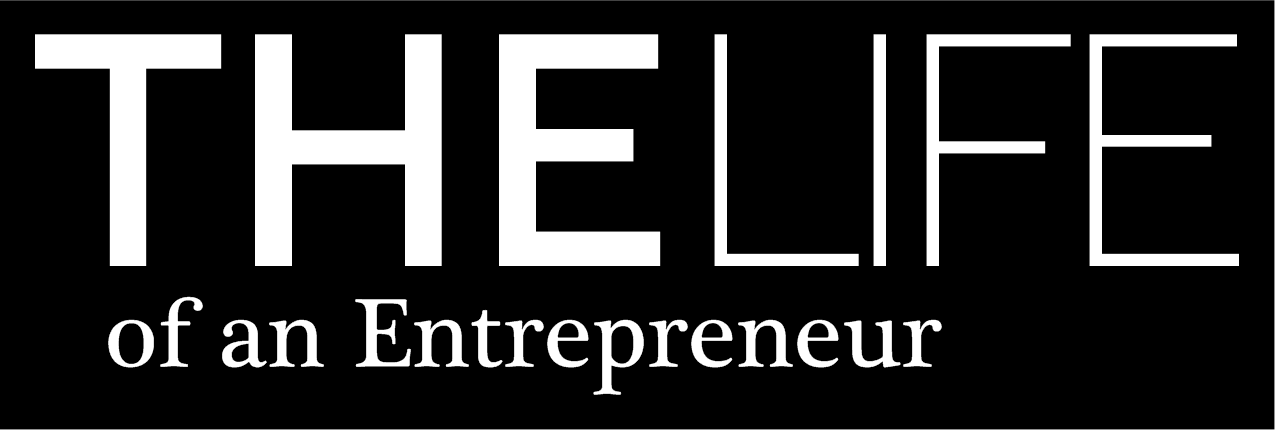
A Healthy Attitude vs. An Unhealthy Attitude: The Power of Perspective
Imagine you ask yourself, “How should we treat others?” The response you receive is, “There are no others.” What would this mean to you? How would you interpret it? At first glance, the response might seem perplexing or even contradictory. How can there be “no others” when you’re surrounded by people every day? Yet, how you respond to this statement reveals a lot about your perspective and the kind of reality you’re creating. Depending on your attitude, “there are no others” can take on two vastly different meanings – one self-centric and the other all-centric.
By Steven Cowley
In life, the questions we ask and how we interpret the answers often shape our reality more than we realize. Our attitudes – the lenses through which we perceive and respond to the world – determine whether our experiences are constructive or destructive, expansive or limiting, healthy or unhealthy. This dynamic can be beautifully illustrated with a simple yet profound scenario.
Imagine you ask yourself, “How should we treat others?” The response you receive is, “There are no others.” What would this mean to you? How would you interpret it? At first glance, the response might seem perplexing or even contradictory. How can there be “no others” when you’re surrounded by people every day? Yet, how you respond to this statement reveals a lot about your perspective and the kind of reality you’re creating. Depending on your attitude, “there are no others” can take on two vastly different meanings – one self-centric and the other all-centric.
A self-centric attitude might lead you to interpret “there are no others” as a reason to focus solely on your own needs. If there are no others, then surely the only thing that matters is you, right? With this perspective, your relationships, decisions, and actions are filtered through the lens of “What’s in it for me?” or “How does this benefit me?” When you look at the world this way, it’s easy to dismiss the feelings, experiences, and needs of others as irrelevant. You might feel justified in prioritizing your own comfort, gratification, or goals, but over time, this perspective becomes isolating. It creates invisible walls between you and those around you. Have you ever felt disconnected, even in the presence of others? That’s the natural outcome of this approach.
This inward focus can lead to a sense of implosion, where your world begins to shrink. Without including others in your experience, growth becomes limited, and a sense of emptiness often creeps in. You might chase short-term satisfaction, only to find that it doesn’t last. Have you ever reached a goal or achieved something you wanted but still felt unfulfilled? That’s a sign that something deeper – connection, meaning, or purpose – is missing. The self-centric attitude narrows your reality, cutting off opportunities for collaboration, compassion, and meaningful relationships.
Now, let’s explore the other possibility. What if you interpreted “there are no others” as a profound reminder that we’re all connected? What if, instead of seeing the statement as a call to focus inward, you saw it as an invitation to embrace others as an extension of yourself? From this perspective, treating others well becomes a way of treating yourself well, because you recognize that there’s no real separation between you and the people around you. How would this shift your interactions with others? How would it change the way you show up in the world?
An all-centric attitude expands your reality. It’s rooted in empathy and compassion, recognizing the shared humanity in every interaction. Instead of asking, “What’s in it for me?” you begin to ask, “How can I create something meaningful for all of us?” This mindset opens the door to new experiences, ideas, and opportunities. Have you ever felt the joy of helping someone else succeed? That’s the power of inclusion – it turns individual victories into shared celebrations.
When you adopt an all-centric attitude, your life feels richer and more fulfilling. You find sustainable satisfaction in shared success and collective well-being. This perspective helps you see challenges not as isolating burdens but as shared experiences that connect you to others. Imagine walking into a room full of strangers. Would you feel uncomfortable and want to leave as quickly as possible? Or would you see it as an opportunity to engage, connect, and perhaps make a difference in someone else’s day? The choice between these two experiences lies in your attitude.
Your attitude also influences your health and overall well-being. Studies show that focusing on others can reduce stress, anxiety, and even depression. Acts of kindness release endorphins, creating a natural “helper’s high” that boosts your mood and resilience. In contrast, a self-centric perspective can lead to loneliness, dissatisfaction, and conflict. When you focus solely on yourself, you cut yourself off from the connections that bring meaning and joy to life.
Have you ever noticed how your thoughts ripple outward, affecting the people around you? When you’re self-focused, that energy can feel heavy, even negative. But when you include others in your perspective, you create a ripple effect of positivity. Your kindness inspires kindness, your compassion encourages compassion, and your openness invites connection. Which reality would you rather create – one that contracts or one that expands? One that isolates or one that connects?
Life is inherently interconnected, and our thoughts, actions, and attitudes shape not only our own experiences but also the experiences of those around us. When we adopt a self-centric attitude, we limit ourselves and shrink our reality. But when we embrace an all-centric attitude, we expand our potential and contribute to a more connected, compassionate world.
The question, “How should we treat others?” and the response, “There are no others,” serve as a powerful reminder of this truth. How will you interpret it? Will you use it as an excuse to focus inward, or will you see it as an opportunity to include others in your experience? Your answer shapes the reality you create.
So, the next time you’re faced with a choice – in how you respond to a challenge, how you interact with someone, or how you interpret a situation – pause and ask yourself: “Am I excluding or including? Am I creating connection or separation?” Your response could transform not just your life but also the lives of those around you. In the end, the healthiest, most constructive attitude is one that sees the interconnectedness of all things and embraces it fully. After all, there are no others – only us.
